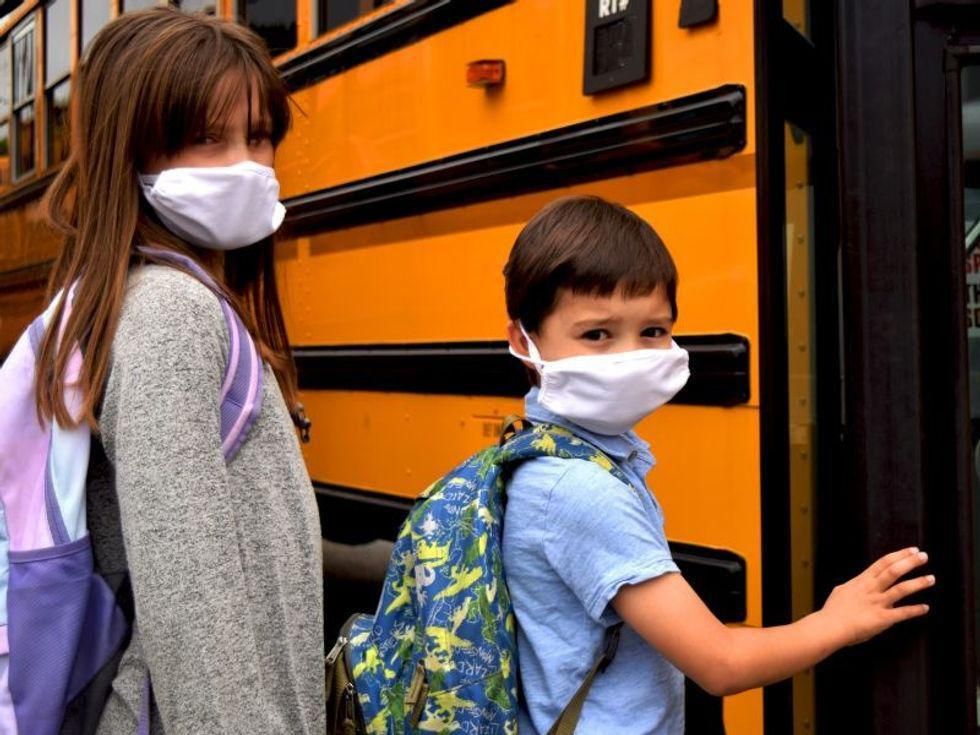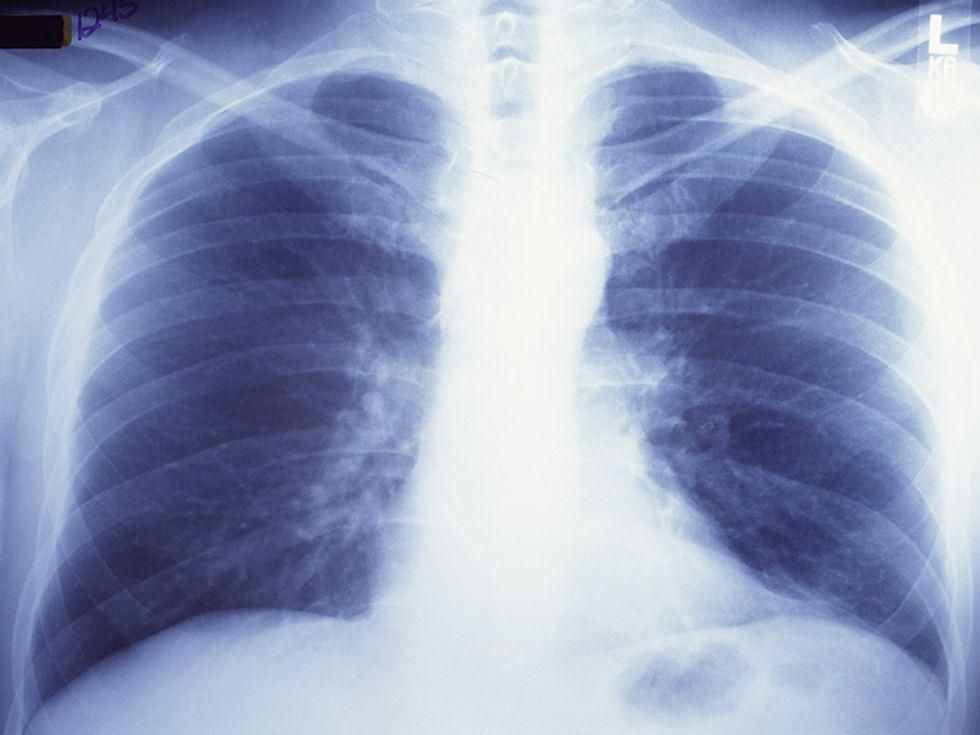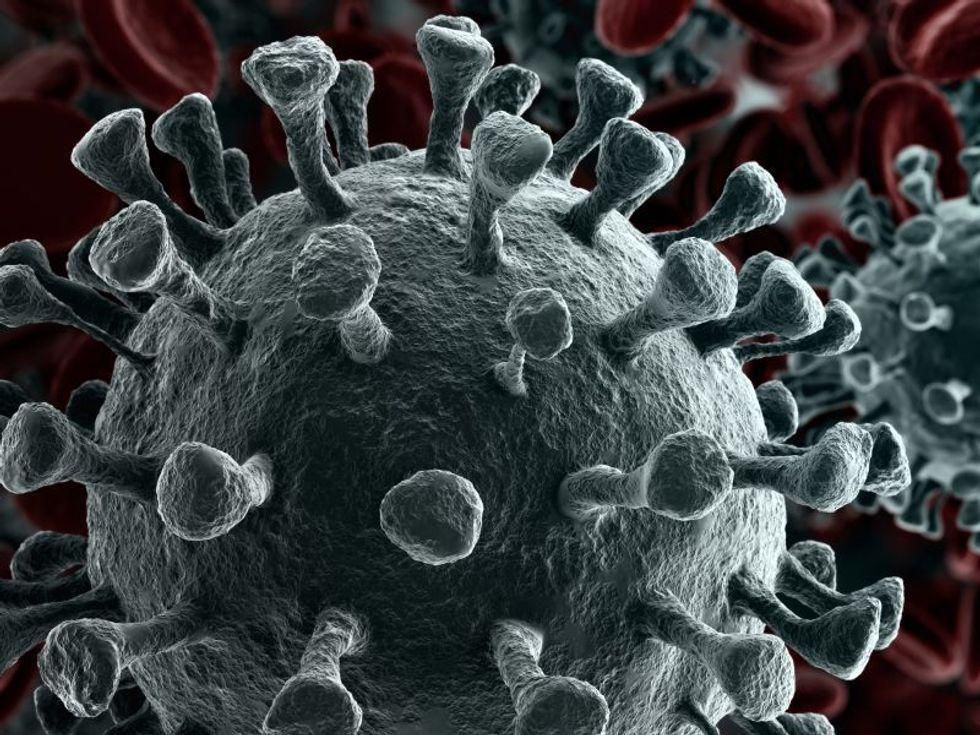
As doctors around the world come up against severe cases of COVID-19, some positive news has emerged: New research shows the rheumatoid arthritis drug baricitinib may help reduce hospitalized COVID patients’ risk of death. Current standard-of-care medications aren’t enough, said study co-author Dr. E. Wesley Ely, a professor of medicine at Vanderbilt University Medical Center… read on > read on >






























